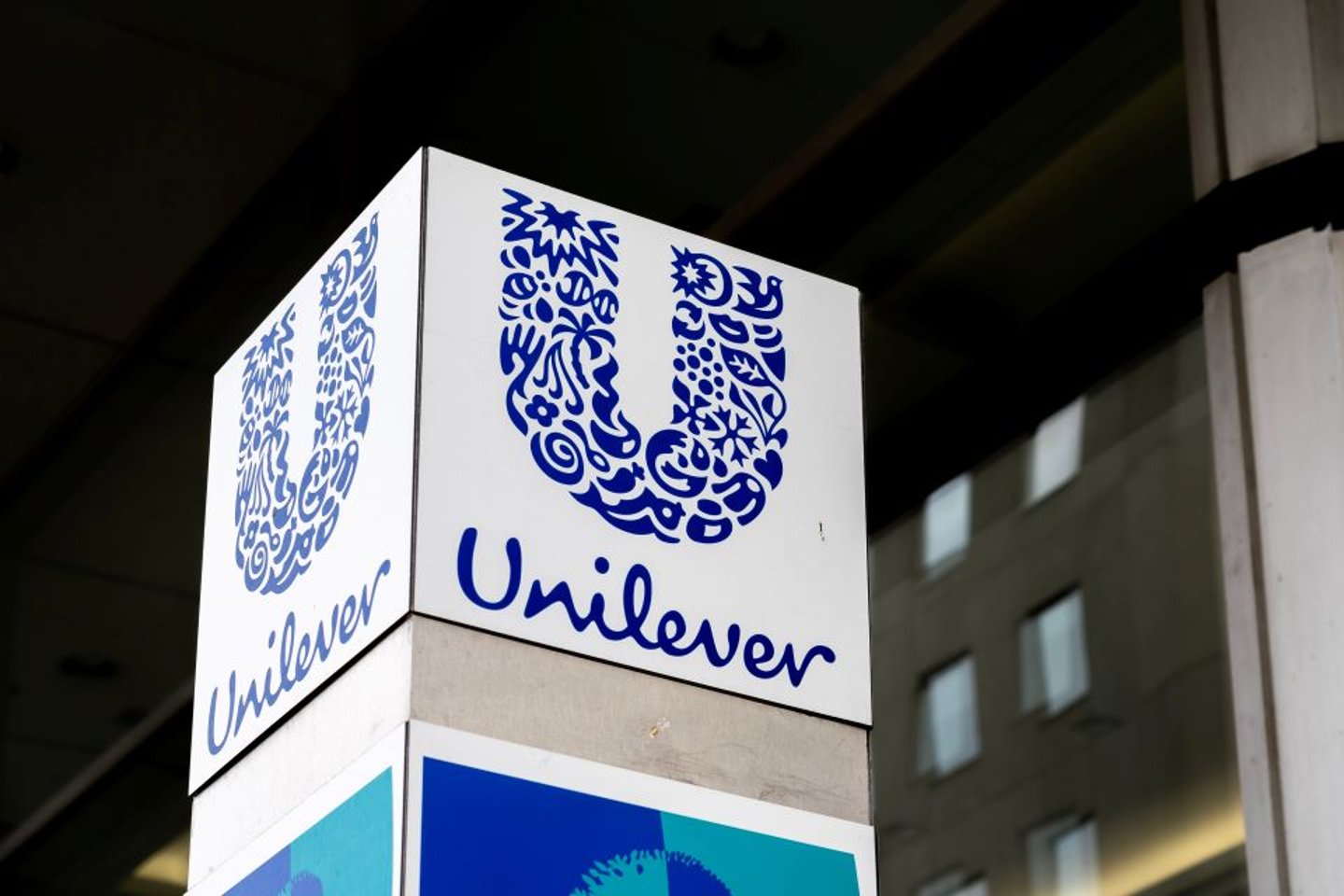Unilever Ramps Up R&D With Collaborative Data and AI Centers
Unilever, the No. 6 consumer goods company in 2023, is ramping up its research and development efforts, launching initiatives across its tech-powered innovation labs, including Horizon3 Labs and the Datalab Ecosystem, both of which saw major developments in November.
Within Horizon3, the company’s Toronto-based global AI lab, Unilever is now working with Accenture to “enhance productivity, drive efficiencies, and accelerate disruptive and AI-powered innovations at scale.”
Using a collaborative approach, Unilever will be leveraging a “switchboard” platform that allows the company to select a combination of different AI models to best suit unique business needs and expedite and scale AI efforts.
Along with new technology, Unilever gains access to data and AI experts, tapping into a network of ongoing AI innovations, which includes 1,450 pending and issued patents from Accenture as well as learnings from more than 300 gen AI projects.
Steve McCrystal, chief enterprise and technology officer at Unilever, said the approach will help the company step up its innovation agenda and drive value for consumers, retailers, and distributors.
“Horizon3 Labs is a unique platform for collaboration and co-creation, and we look forward to working with Accenture and other partners to take our investment in AI to a new level," he added.
Building an Ecosystem for Data-Driven Innovations
Alberto Prado, Unilever global head of R&D digital and partnerships, recently shared progress being made at the company’s DataLab Ecosystem, which launched three years ago but ramped up efforts in November by inviting 12 solution providers to collaborate and share their expertise.
The purpose of the ecosystem is to turn R&D from a primarily physical infrastructure model to a hybrid one where the heavy lifting is first done virtually to optimize digital efforts and reduce time-to-value. This means leaning into digital models, simulations, and advanced analytics.
“We will still need to assess new formulations in our labs, validate improved manufacturing processes in our pilot plants, test preferences with actual consumers, and so on,” said Prado, adding that the new digital environment allows Unilever to collaborate with a curated group of technology partners on key innovation opportunities across science and engineering.
The company plans to expand the ecosystem to even more tech partners to enrich Unilever’s skill-base. “We will have as many companies as we need to deliver against our innovation ambitions and as few as possible to nurture a dynamic, transparent and collaborative spirit.”
More Data-Forward Strategies From Unilever
Unilever is looking to reduce excess and aging inventory, investing in technology that streamlines processes to embrace a sustainable, circular approach to lengthening shelf life. It has made recent progress by tapping into a digital discounting and pricing intelligence platform.
The company also recently unlocked the secret to keeping ice cream frozen at more sustainable freezer levels, and is sharing its insights via a free non-exclusive license for 12 of its reformulation patents with fellow manufacturers.
Earlier this year, Unilever also tapped AI-powered insights to develop new products, including a new stain-fighting enzyme for the cleaning and laundry category that strengthens cleaning performance by nearly 50%.






